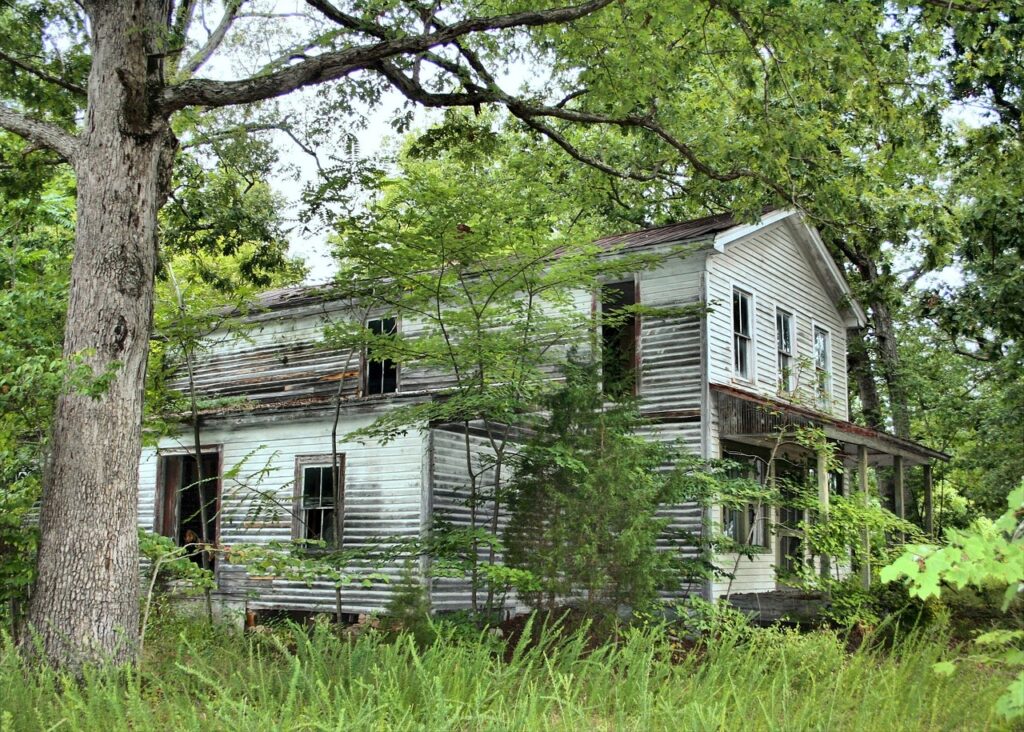Credit: Nick Castele / Signal Cleveland
Cleveland, Ohio, a city steeped in history and known for its diverse community, faces significant challenges in its housing market. To address these issues, policymakers have introduced groundbreaking legislation aimed at tackling absentee landlordism and blight within the city’s neighborhoods. In this blog post, we’ll delve into the details of the “Residents First” program, its potential impact on Cleveland’s housing landscape, and the opportunities it presents for creating more sustainable communities with the help of conscientious investors.
The “Residents First” Ordinance
(1039-2023)
On Monday, February 5, 2024, the Cleveland City Council passed the “Residents First” ordinance. This legislation aims to elevate the quality of housing in Cleveland by addressing several critical points:
1. Property Registration and Local Agents
- All vacant properties and non-owner-occupied rentals must be registered with the city.
- A Local Agent in Charge (LAIC), residing in Cuyahoga County, must be designated for each property. The LAIC assumes legal responsibility for the property’s physical and financial condition if the owner does not reside in Cuyahoga or a contiguous county.
2. Rental Property Standards
Before renting, all rental properties in Cleveland must meet specific criteria:
- Lead-safe certification: Comply with existing Cleveland programs.
- Property tax compliance: Be current on property taxes.
- No outstanding notices or violations: Address any issues promptly.
- HVAC inspection: For properties with four or more units, a professional examination of heating, ventilation, and air conditioning systems is required.
3. Vacant Property Maintenance

Credit: JamesDeMers
- Vacant properties must be well-maintained:
- No graffiti, overgrown grass, or weather damage.
- Escrow Requirements: If findings from city inspections reveal deficiencies, buyers must place funds in escrow:
- Residential properties: $5,000.
- Commercial/other properties: Cash bond of $5,000 to $15,000 based on size.
- Escrow funds are released upon completion of necessary corrections.
4. Civil Tickets

Credit: succo
Cleveland has stronger legal authority to enforce civil tickets at $200 per infraction for nuisance prevention including but not limited to:
- Rubbish and garbage disposal,
- graffiti removal,
- property maintenance (grass and shrubs).
- Nuisance violations are first-degree misdemeanors with each day of violation as a separate offense.
The Vision
Mayor Justin Bibb believes the “Residents First” program prioritizes people and neighborhoods. By enforcing stricter regulations, promoting transparency, and holding landlords accountable, Cleveland aims to:
- Protect renters: Revisions to rental registration processes safeguard Cleveland renters.
- Combat blight: The vacant property registry and enhanced enforcement tools address nuisance properties.
- Ensure clarity and consistency: Revisions to existing ordinances streamline enforcement efforts.
The Urgency
For the past six months, a working group led by Cleveland Building and Housing Director Sally Martin O’Toole has collaborated on these proposed code changes. The urgency is evident: Cleveland’s housing quality has declined, affecting both homeowners and tenants. With “Residents First,” Cleveland takes a significant step toward revitalizing its neighborhoods and ensuring a better future for its residents.
The Impact
The adoption of the ordinance has had mixed reviews. The Akron Cleveland Association of Realtors (ACAR) opposed the legislation during council hearings, but their official public policy position remains pending. A study comparing Cleveland’s housing conditions from 2015 to 2022 reveals a correlation between the degradation of housing quality and the increase in real estate investment activity. While the legislation aims to discourage absentee landlords who neglect their properties, concerns have been raised about its potential impact on investment capital flowing into the region. Could this result in a shift of investors looking for properties outside of the City of Cleveland and primarily in the suburbs?
In summary, “Residents First” represents Cleveland’s commitment to its residents and neighborhoods, but ongoing dialogue and careful monitoring are essential to strike the right balance between regulation and investment. We’ll be monitoring this issue closely and its impacts on owner-occupied housing, investment trends and potentially new suburban housing laws that follow suit.
Dwelling Network offers Property Management services to help owner’s maintain their investments to the highest standards while remaining profitable. As needed, we will adapt our processes to ensure owners are compliant with all local ordinances.
Disclaimer: This blog post provides an overview of Cleveland’s “Residents First” program. For specific legal advice or details, consult official city resources.: MPR News : Mercatus Center


